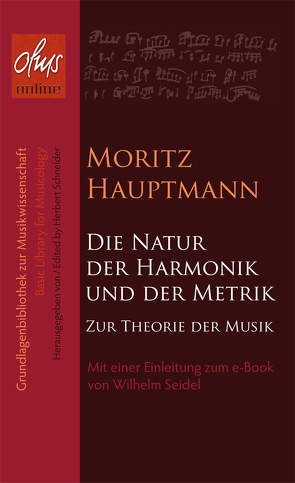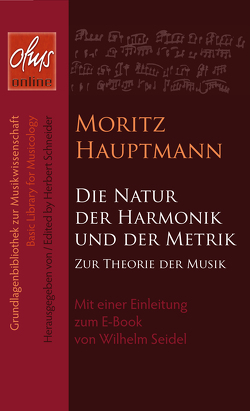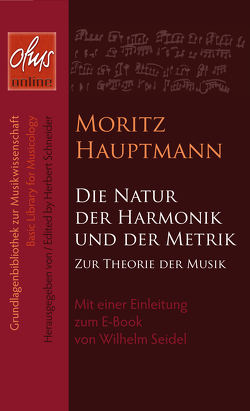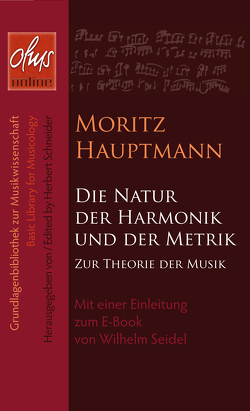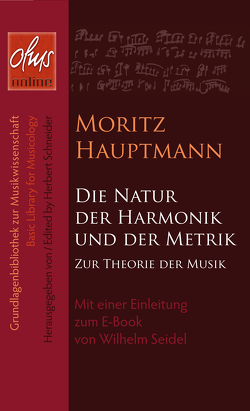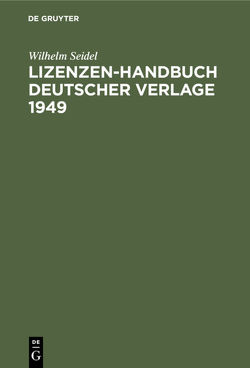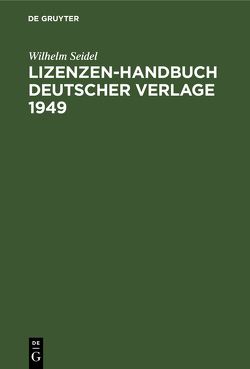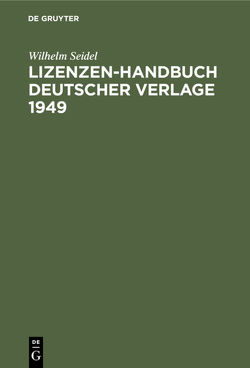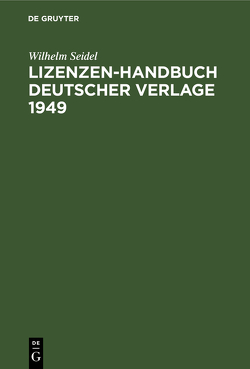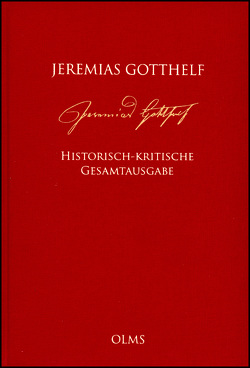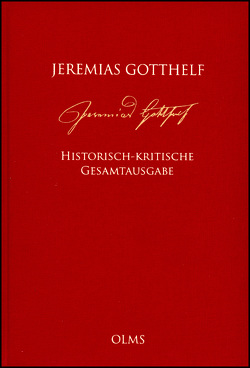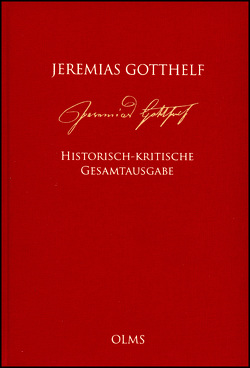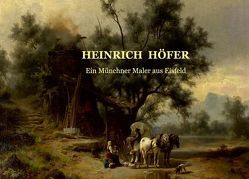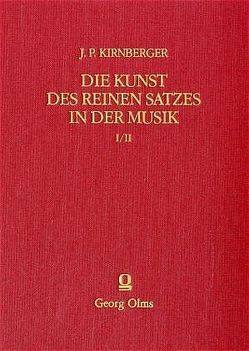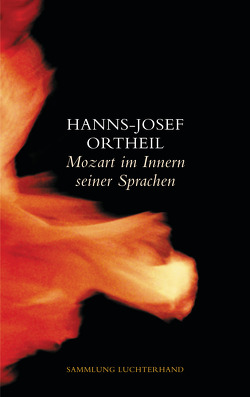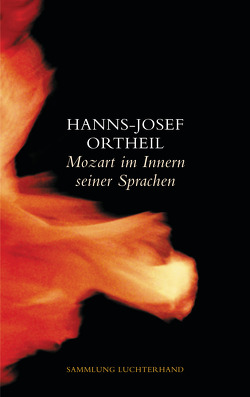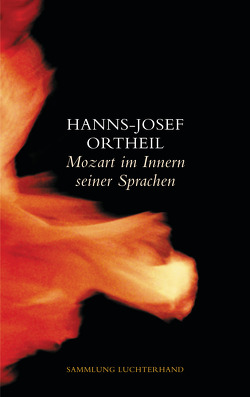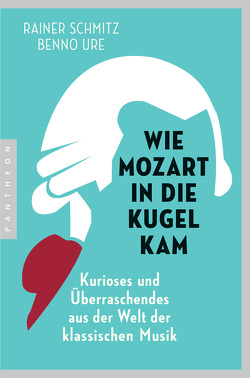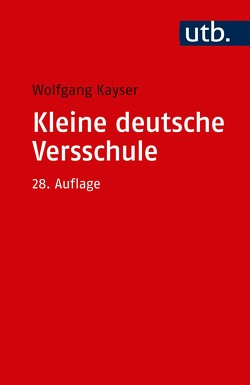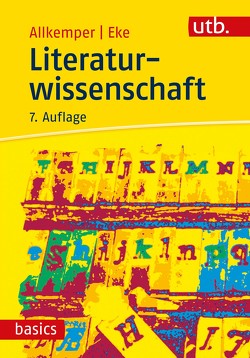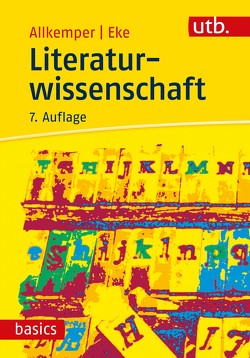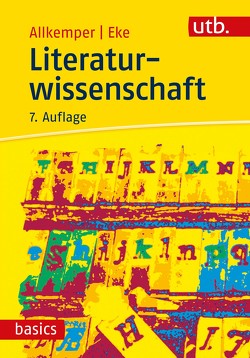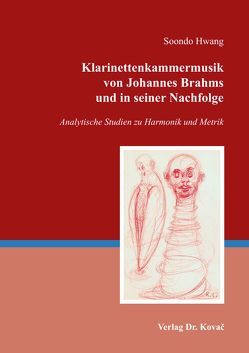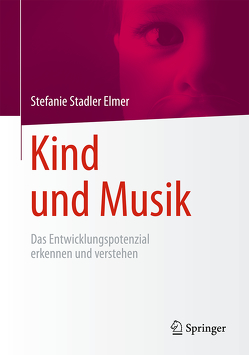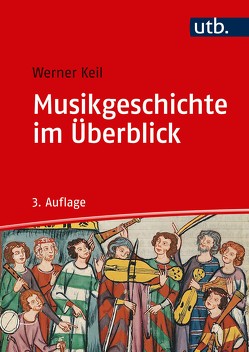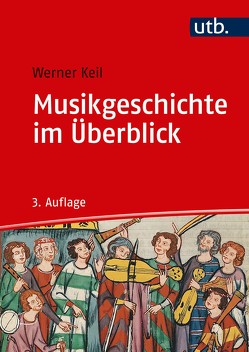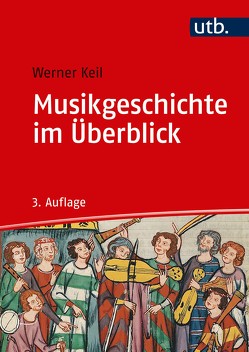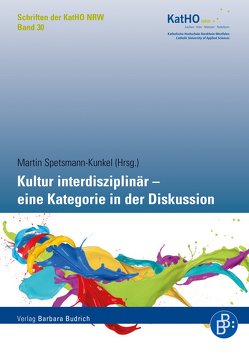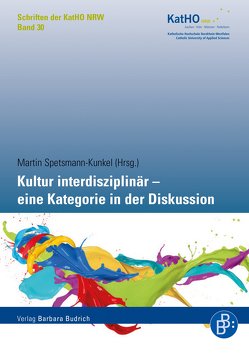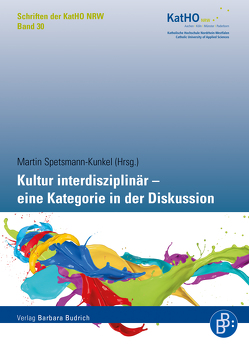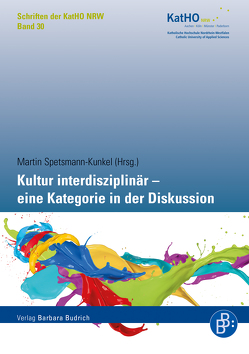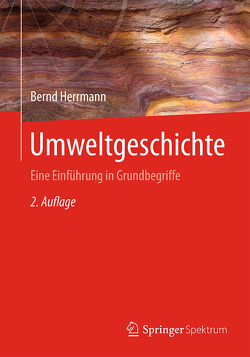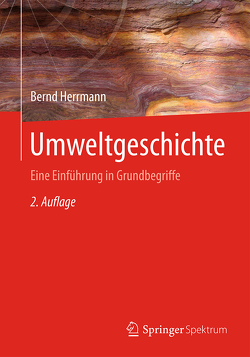Die Natur der Harmonik und Metrik
Mit einer Einleitung zum E-Book von Wilhelm Seidel.
Moritz Hauptmann, Wilhelm Seidel
Der Musiker, Komponist und Thomaskantor Moritz Hauptmann (1792-1868) hat mit seinem 1853 erschienenen Hauptwerk eine der kapitalen, aber bislang wenig rezipierten musiktheoretischen Schriften geschaffen. Darin erhebt er nichts weniger als den Anspruch, die Wahrheit über die Natur der Musik, der Harmonie und des Metrums offenzulegen.
Hauptmann gibt keine Erläuterungen des zentralen Prinzips seiner Theorie oder Beispiele aus musikalischen Kunstwerken, um sein System an seine Umwelt anzubinden. So wurden seine hermetisch geschlossenen Ausführungen über Einheit, Gegensatz und Vermittlung von seinen Zeitgenossen und bis weit ins 20. Jahrhundert als musiktheoretische Umsetzung von Hegels Dialektik missverstanden.
Tatsächlich stehen sie jedoch in der Nachfolge der naturwissenschaftlichen Schriften Goethes wie der „Farbenlehre“: Wie Goethe die Sinneseindrücke des Auges analysiert, so unterzieht Hauptmann die Sinneseindrücke des Ohres einer Prüfung durch den Verstand und dringt so zum Gesetz des Lebens und der Musik vor.****************Moritz Hauptmann (1792-1868) was a musician, composer and Cantor of St Thomas’s Church in Leipzig. In 1853 he published his main work, a major but long-neglected work of music theory in which he attempts no less a task than to reveal the truth about the nature of music, harmony and metre.
Hauptmann gives no explanations of the central principle of his theory or examples from musical works which might help to connect his system to its environment. Therefore his hermetically sealed statements on unity, contrast and mediation were misinterpreted by his contemporaries and well into the 20th century as a translation of Hegel’s dialectic into the realm of music theory.
In fact, they stand rather in the tradition of Goethe’s scientific works such as his theory of colours. Just as Goethe analyses the sensory impressions of the eye, so Hauptmann subjects the sensory impressions of the ear to the scrutiny of reason and thus penetrates the laws of life and of music.
